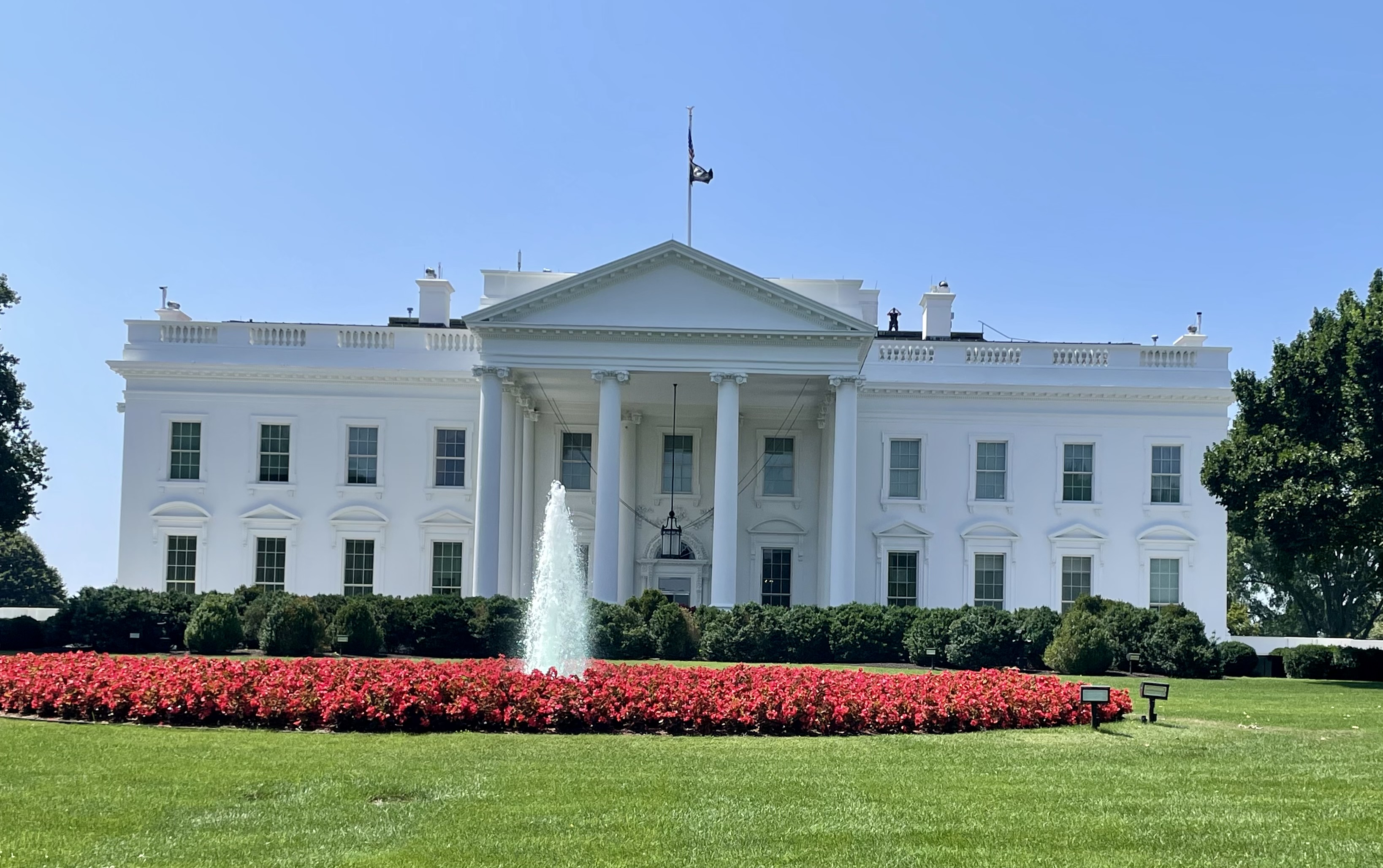
- Details
- By Neely Bardwell
The first 100 days of Donald Trump’s administration were marked by turmoil and uncertainty for tribes, largely due to the sweeping nature of his executive orders, memorandums, and directives. The disruption continued into his second term when, just one week in, the Office of Management and Budget (OMB) issued a directive that sent shockwaves through Indian Country.
On January 27, Acting OMB Director Matthew J. Vaeth released a memorandum instructing all federal agencies to immediately suspend “all activities related to obligation or disbursement of all Federal financial assistance,” effective the following day. This sweeping pause applied to both new awards and payments under existing grants and impacted several key federal agencies serving tribal communities, including the Bureau of Indian Affairs, Indian Health Service, and the Department of Housing and Urban Development’s Office of Native American Programs.
However, just two days later, the order was abruptly rescinded. In a brief two-sentence memo, Vaeth informed agencies that the freeze had been lifted and directed them to consult their legal counsel regarding the implementation of the president’s executive orders. This reversal came after U.S. District Judge Loren L. Alikhan temporarily blocked the freeze in response to emergency legal challenges filed by nonprofit organizations.
Despite the reversal, tribes across the country continued to experience disruptions in funding, with grant portals remaining frozen or inaccessible. During the National Congress of American Indians’ (NCAI) Executive Council Winter Session, held February 10–13, 2025, tribal leaders expressed frustration, reporting that the effects of the funding freeze were still being felt nearly two weeks after the rescission.
Kitcki Carroll, Executive Director of the United South and Eastern Tribes, Inc. (USET), a inter-Tribal organization serving thirty-three federally recognized tribal nations from the Northeastern Woodlands to the Everglades and across the Gulf of Mexico, told Native News Online at NCAI Winter Session that tribes in their membership were still experiencing portal freezes.
“The memo comes out, causes all sorts of chaos and confusion for 72 hours, until they rescind it. Right when we alerted our membership, we made it clear to say, yes, they rescinded this memo, but the White House Press Secretary made sure to say that this does not change what the President's executive orders are,” said Carroll. “We had challenges and delays. Some were able to access funding, some were not. They open the portals up, it goes down. They open it up, it's delayed.”
The sporadic opening and closing of funding portals tribes use to complete payroll and fund critical services caused chaos and confusion in Indian Country. However, Secretary of the Interior Doug Burgum disagreed with tribes in his address at the NCAI Winter Session labeling anyone saying the funding freeze is still affecting tribes as “misinformation”.
This is not the only time Burgum failed to defend Indian Country. On February 14, Haskell Indian Nations University (HINU) in Lawrence, Kansas, was instructed to lay off nearly 40 staff members, including professors, IT workers, and administrative staff as a result of President Donald Trump's executive order reinstating Schedule F for federal employees. This was part of Trump’s goal in increasing “efficiency”.
“This executive order sadly represents a continuation of the trail of broken treaties that U.S. history shows us,” Haskell Indian Nations University Faculty Senate said in a statement. They called for the immediate reinstatement of the laid off employees.
As head of the Department of the Interior, Burgum directly oversees both the Bureau of Indian Affairs (BIA) and the Bureau of Indian Education (BIE), which operates Haskell University. This means he has the power to reverse the cuts to Haskell faculty. Yet, Burgum remained silent.
In March, Haskell President Dr. Francis (Frank) Arpan and the University rehired some of the fried employees as adjunct instructors. Other employees, including cafeteria workers and custodians were not included in this decision.
The failure by Burgum to properly respond to the needs of Indian Country demonstrate a major shift on how tribal nations were treated during the Biden-Harris administration when Deb Haaland (Laguna Pueblo), the first Native American to serve in a secretarial position was served as secretary of the Interior.
Additionally, at 100 days in, the Trump administration has yet to get the position of U.S. Department of the Interior Assistant Secretary - Indian Affairs confirmed by the U.S. Senate. William “Billy” Kirkland III, citizen of the Navajo Nation, was nominated by Trump on February 3, 2025. There has not been a hearing scheduled by the Senate Committee on Indian Affairs.
At 100 days in, no one has been nominated for the position of Indian Health Service director.
Levi Rickert contributed to this arrticle.
More Stories Like This
Native News Weekly (August 25, 2024): D.C. BriefsUS Presidents in Their Own Words Concerning American Indians
Merry Christmas 2025
Navajo Man Faces Vehicular Homicide Charge After Child Killed at Navajo Nation Christmas Parade
Next on Native Bidaské: Lumbee Tribal Chairman John Lowery
Help us defend tribal sovereignty.
At Native News Online, our mission is rooted in telling the stories that strengthen sovereignty and uplift Indigenous voices — not just at year’s end, but every single day.
Because of your generosity last year, we were able to keep our reporters on the ground in tribal communities, at national gatherings and in the halls of Congress — covering the issues that matter most to Indian Country: sovereignty, culture, education, health and economic opportunity.
That support sustained us through a tough year in 2025. Now, as we look to the year ahead, we need your help right now to ensure warrior journalism remains strong — reporting that defends tribal sovereignty, amplifies Native truth, and holds power accountable.
 The stakes couldn't be higher. Your support keeps Native voices heard, Native stories told and Native sovereignty defended.
The stakes couldn't be higher. Your support keeps Native voices heard, Native stories told and Native sovereignty defended.
Stand with Warrior Journalism today.
Levi Rickert (Potawatomi), Editor & Publisher


